If you’ve found yourself terribly tired in the last 3 to 4 years, you’re not alone: research and reports from different parts of the world have revealed that an increasing number of people are complaining of chronic fatigue, not getting enough good sleep and a general feeling of constant tiredness. For example, last year, the CDC (Centres for Disease Control) estimated that 3.3 million Americans were struggling with myalgic encephalomyelitis AKA chronic fatigue syndrome. It is no wonder sleep tourism is now in high demand.
The rise of sleep tourism
Going on vacation to relax and rest better has always been part of the reasons why people travel. However, since 2022, more and more vacationers have chosen to go on holidays just to sleep, per Global Wellness Institute.
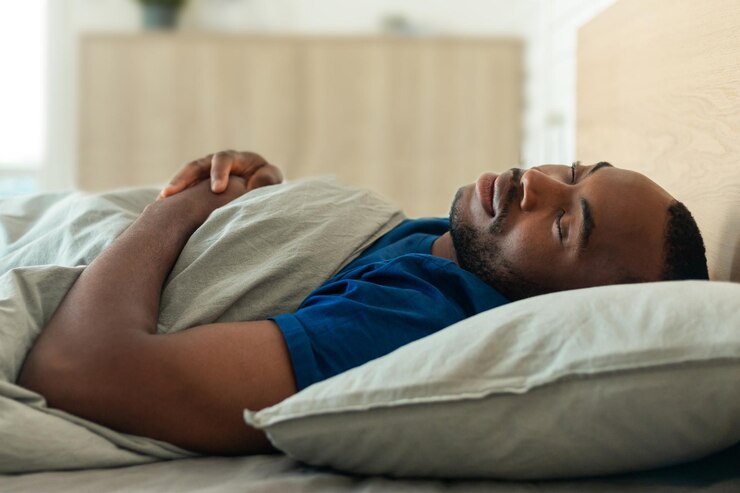
The consensus is that the Coronavirus is not only the culprit behind increased chronic fatigue, but also the reason why more people are prioritising wellness, and by extension, sleep-focused vacations.
How the hospitality industry is helping tourists sleep better
A. Sleep programs/sleep retreats: this is perhaps the highest level of sleep tourism travellers can embark on. Wellness clinics or sleep resorts usually offer these kinds of holistic programs, but increasingly, luxury hotels are adding these services to their portfolio.
Every facility has its unique package, but generally, a sleep retreat/program comprises an expert diagnosis and treatment, wellness therapies and relaxing treatments, sleep education, spa treatments, yoga and rooms designed to promote a restful night’s sleep.
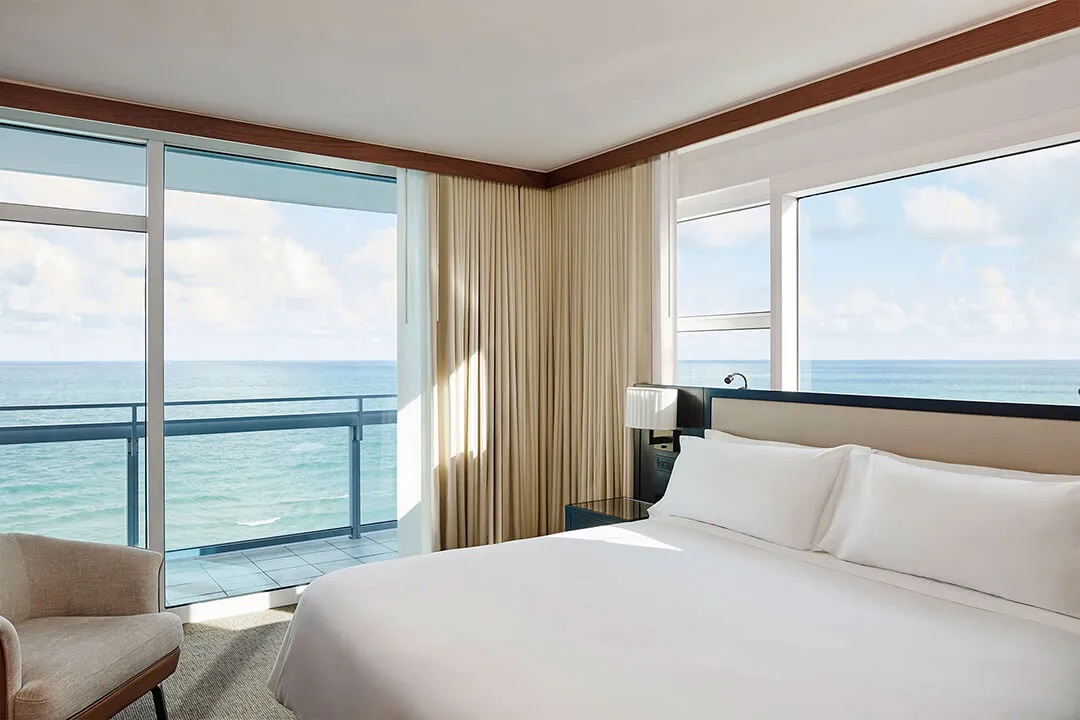
Well-known hotels and clinics offering this service include SHA Wellness Clinic, Spain; Mandarin Oriental, Geneva, Switzerland; Carillon Miami Wellness Resort, USA, and, select Six Senses spas.
B. Sleep suites: if a full sleep package sounds like a lot, sleep suites are a great way to ease into the ‘sleepcation’ experience.
These rooms are designed to ensure that visitors have no other choice than to fall asleep as soon as their head hits the pillows. Using specially crafted beds and bed linens, plus eliminating distractions that can interrupt a deep rest, sleep suites are quiet, zen-like spaces perfect for people for whom falling asleep is not a problem, but staying asleep is.
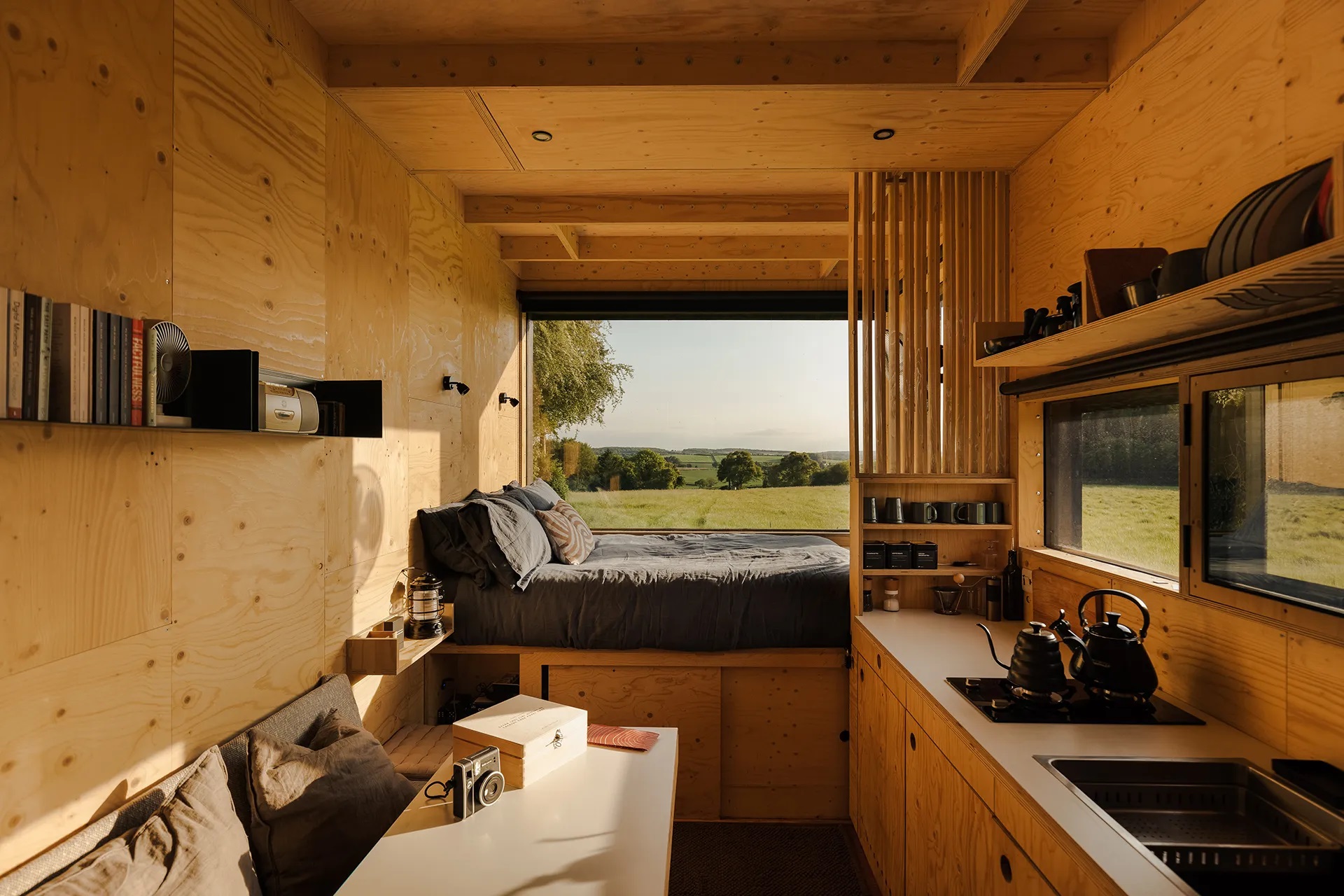
Places with dedicated sleep suites include Zedwell hotels which are famous for their windowless, soundproof rooms; Unplugged, UK, whose eco-friendly, off-grid cabins welcome you but not your digital devices, and, Hästens Sleep Spa Boutique hotel, Portugal, whose innovative comfort beds, duvets, bed linens and bathrobes promise the best sleep experience you will ever have.
C. Sleep concierge services: some luxury hotels do not have dedicated sleep outlets yet, but have chosen instead to offer ‘sleep better’ services to guests who need them.
Those offering sleep concierge services can choose to partner with a third party, like The Cadogan London which has partnered with sleep specialist and hypnotherapist Malminder Gill to offer a recorded meditation and an optional, one-on-one, in-room sleep assistance session. Their concierge service also comes with a pillow menu, weighted blanket, bedtime tea blend and scented pillow mist.
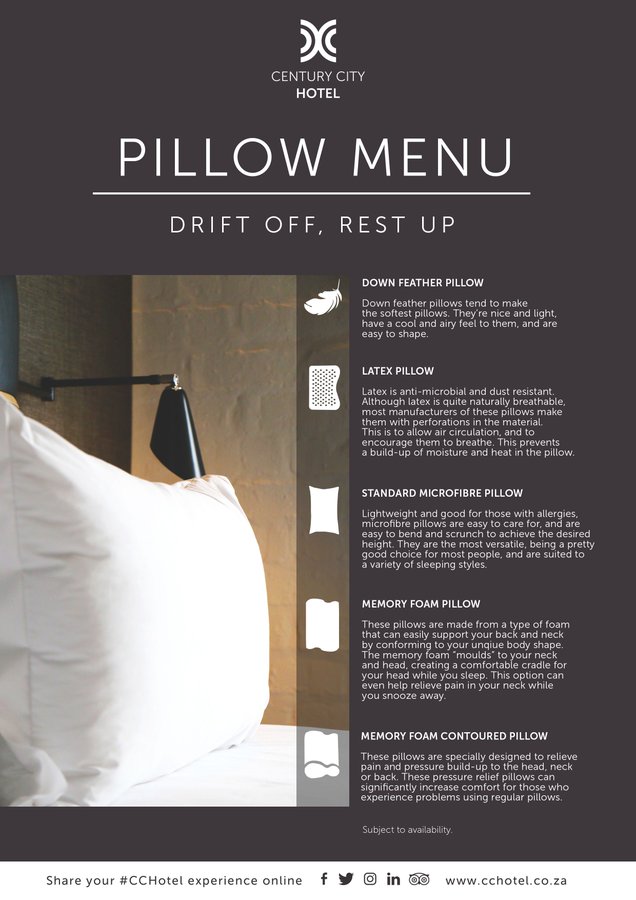
The Royal Champagne Hotel and Spa in France has a similar service. In 2022, it launched its Royal Sleep Experience in partnership with French beauty brand AIME. Guests who request this service will receive AIME products that promote quality sleep, such as calming essential oil sprays and melatonin-based drops that help to regenerate skin overnight. The hotel also offers in-room amenities like a meditation box, a satin face mask, and a candle massage.
D. Sleep amenities: some luxury hotels have simply chosen to have their rooms equipped with products that promise a deep, thorough rest without too much emphasis on the art of falling and staying asleep.
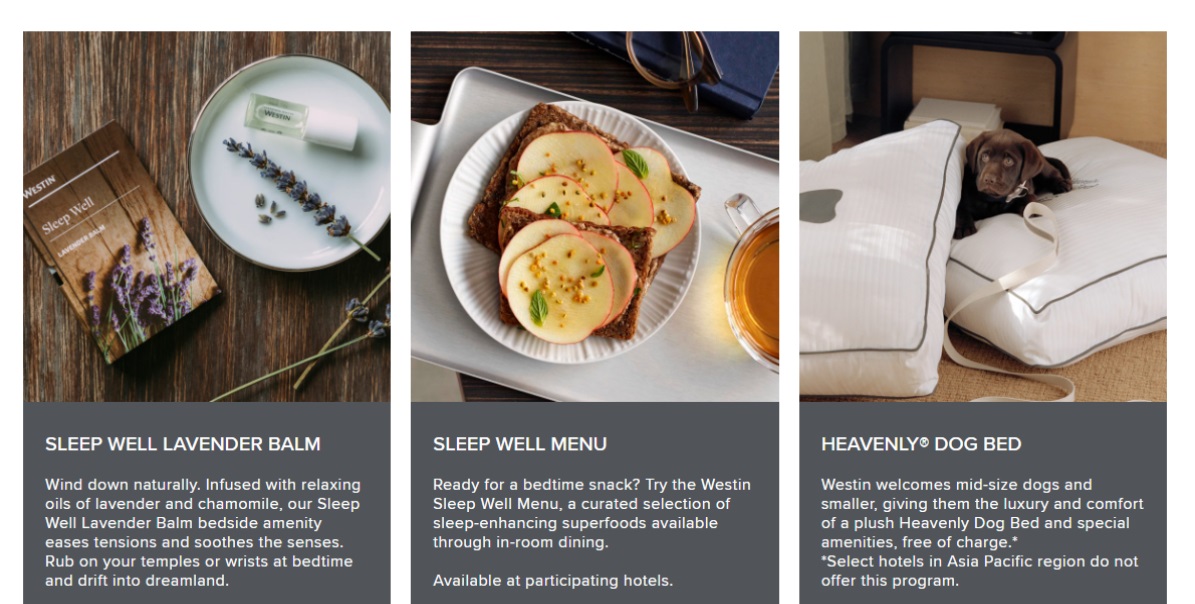
At the Equinox in New York for example, the hotel has a ‘sleep system’ in place that consists of a combination of luxury bed linens and handmade mattresses, temperature-regulated bedsheets, sound-blocking walls and blackout curtains to eliminate distractions and ensure that guests stay asleep for as long as they like and need.
The Westin Hotels and Resorts has almost the same system in place. A combination of the ‘Heavenly Bed’, a rest-inducing superfood menu and lavender balms have been made available so that guests have no trouble sleeping at night.
Which sleep package is best for you?
It is difficult to say since everyone’s needs are unique to them. But, if the growing sleep tourism trend sounds like something you need right now, then you can rest assured that there is a service that is just right for you.
